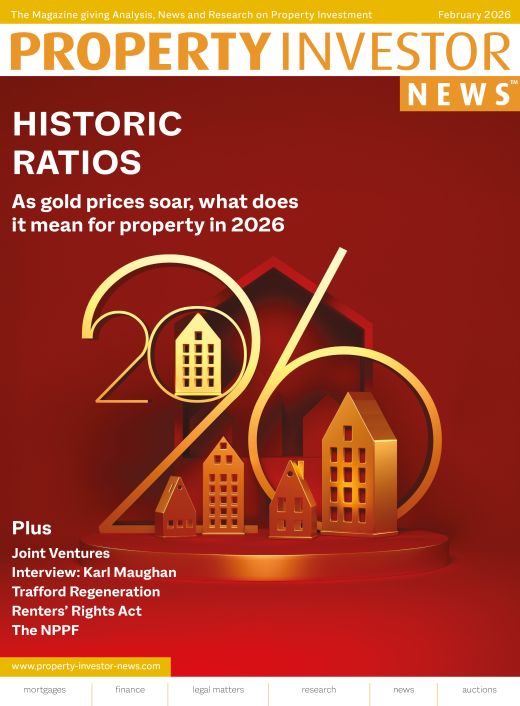Buying up high-value properties along the Costa Del Sol has been a big trend over the last 40 years, with hot spots such as Marbella considered to be some of the most financially viable. Over 5,000 Spanish properties exceeding £1 million (many of which are valued at around £5 million and over) are owned by foreign investors, with
the majority of these being UK residents.
These properties have, for the large part, been bought up through international corporate structures which have been set up for the purpose of reducing Spanish income tax and wealth tax on high-value properties for non-residents (or avoiding it altogether). There has been a perceived tax relief on owning properties through these structures as well as facilitating change of ownership (for example, through inheritance). The reality is that not all the corporate structures are tax efficient per se. The majority of the properties are owned via double or triple international corporate structures which involve a Spanish company, a foreign special purpose vehicle and many will also contain a trust. The choice of jurisdictions involved in the structure have a fundamental impact on the tax situation of the final beneficiary, especially if those jurisdictions do not have a double taxation convention with Spain, such as offshore havens including the British Virgin Isles, Jersey, Gibraltar, IoM and so on.
While Spanish tax authorities have previously “tolerated” this kind of foreign investment into their property market, public finances in Spain become increasingly stretched, and the tide is now turning. Too often has this structure been used as a way of illegally avoiding capital gains tax, stamp duty, VAT, transfer tax and also even being used for money laundering purposes, by taking advantage of the inactivity of the tax inspectorate.
As such, wealthy international investors have become a prime target for misusing property by abusing these corporate structures. As they are unaware of the updated regulations that have recently come into play, these foreigners often find that they are in a vulnerable position to legally defend themselves.















